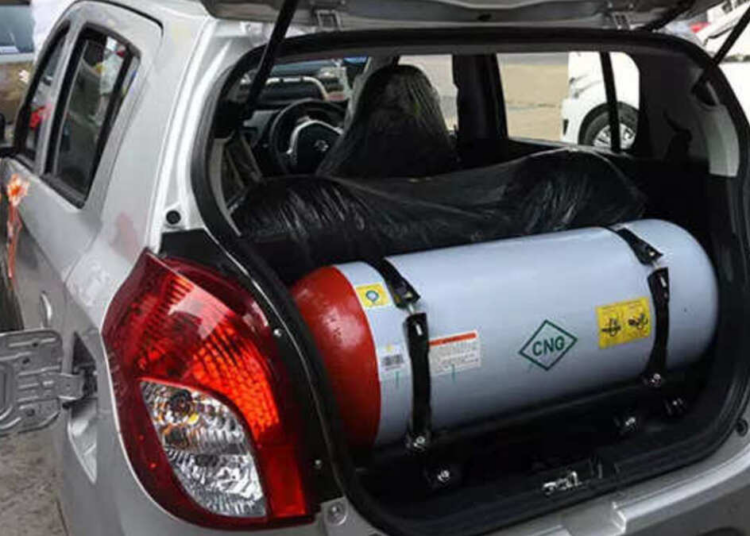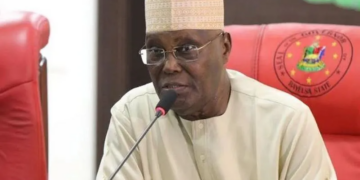The Federal Government has disclosed that over 100,000 petrol-powered vehicles have been converted to run on Compressed Natural Gas (CNG) in the past one year, describing it as a major step in Nigeria’s transition to cleaner, more affordable energy.
Programme Director at the Presidential Compressed Natural Gas Initiative (P-CNGi), Engr. Michael Oluwagbemi, disclosed this on Thursday during a sensitisation workshop in Lagos.
In a statement issued on Friday, Oluwagbemi said the surge in CNG adoption reflected significant progress in the government’s push to cushion the impact of petrol subsidy removal.
“From fewer than 4,000 CNG-powered vehicles in 2023, we now have nearly 100,000. The President’s vision was clear, leverage domestic gas to reduce transportation costs and ease pressure on citizens,” Oluwagbemi said.
He added that public awareness has grown remarkably, with increased participation from private businesses. He cited the Dangote Group’s rollout of 4,000 CNG trucks as a key example of investor confidence.
“It’s no longer just a government project—businesses see the benefits and are investing,” he said.
Oluwagbemi noted that over $1 billion has been invested in the CNG sector so far, with contributions including $280 million from Dangote Group and $28 million from Arita LNG, among others like Femadec, Greenview, and Greenville.
The initiative now boasts 265 vehicle conversion centres, up from just seven last year. Operational refuelling stations have also increased from 20 to 60, with 175 more under development. He said the programme has created over 10,000 direct jobs.
As for safety, Oluwagbemi insisted CNG is safer than petrol or diesel, describing it as “18 times less explosive than petrol and eight times less than diesel.”
The CNG push, he said, is part of a wider national strategy to reduce transport and food prices while boosting household income.
“In Lagos, the cost of meat has dropped in some areas because livestock is now transported with CNG trucks. Cheaper transport means cheaper goods,” he added.
Transport unions such as the Road Transport Employers’ Association of Nigeria (RTEAN) and the National Union of Road Transport Workers (NURTW) have also endorsed the initiative.
“So far, 60 stations are operational, and we plan to commission another 100 within three months,” he revealed.
Responding to critics of the initiative, he added, “Rome wasn’t built in a day. Those who led Nigeria into the fuel subsidy crisis shouldn’t criticise the pace of our solutions.”
Also speaking, Babatunde Karim, a senior RTEAN official, said the CNG programme had slashed operational costs for drivers.
“Where we used to spend N50,000 on petrol for certain routes, we now spend around N12,000 with CNG. It’s a huge relief,” he said, while urging the government to fix recurring gas supply and pressure issues at filling stations.
An executive of the Independent Petroleum Marketers Association of Nigeria (IPMAN), Dele Tajudeen, said while the initiative is promising, regulatory reforms and financial support were essential to scale it.
“Most filling stations were built for petrol and diesel. Converting them to CNG facilities requires planning approvals, major infrastructure changes, and significant capital,” Tajudin said.
He added that long queues and poor access persist due to the limited number of equipped stations. “Independent marketers are spread across Nigeria and can drive this transition, but we need financing and technical support,” he stressed.





